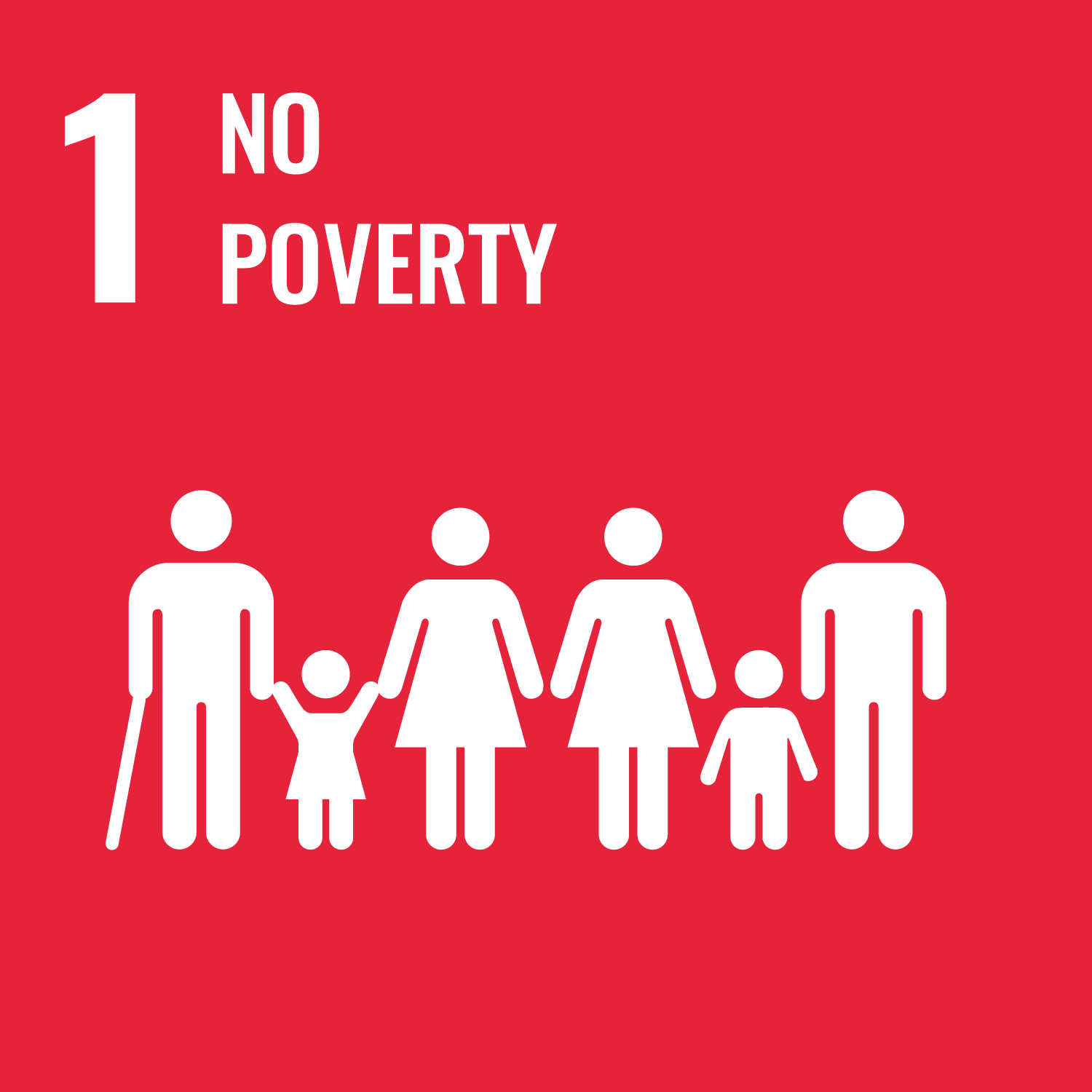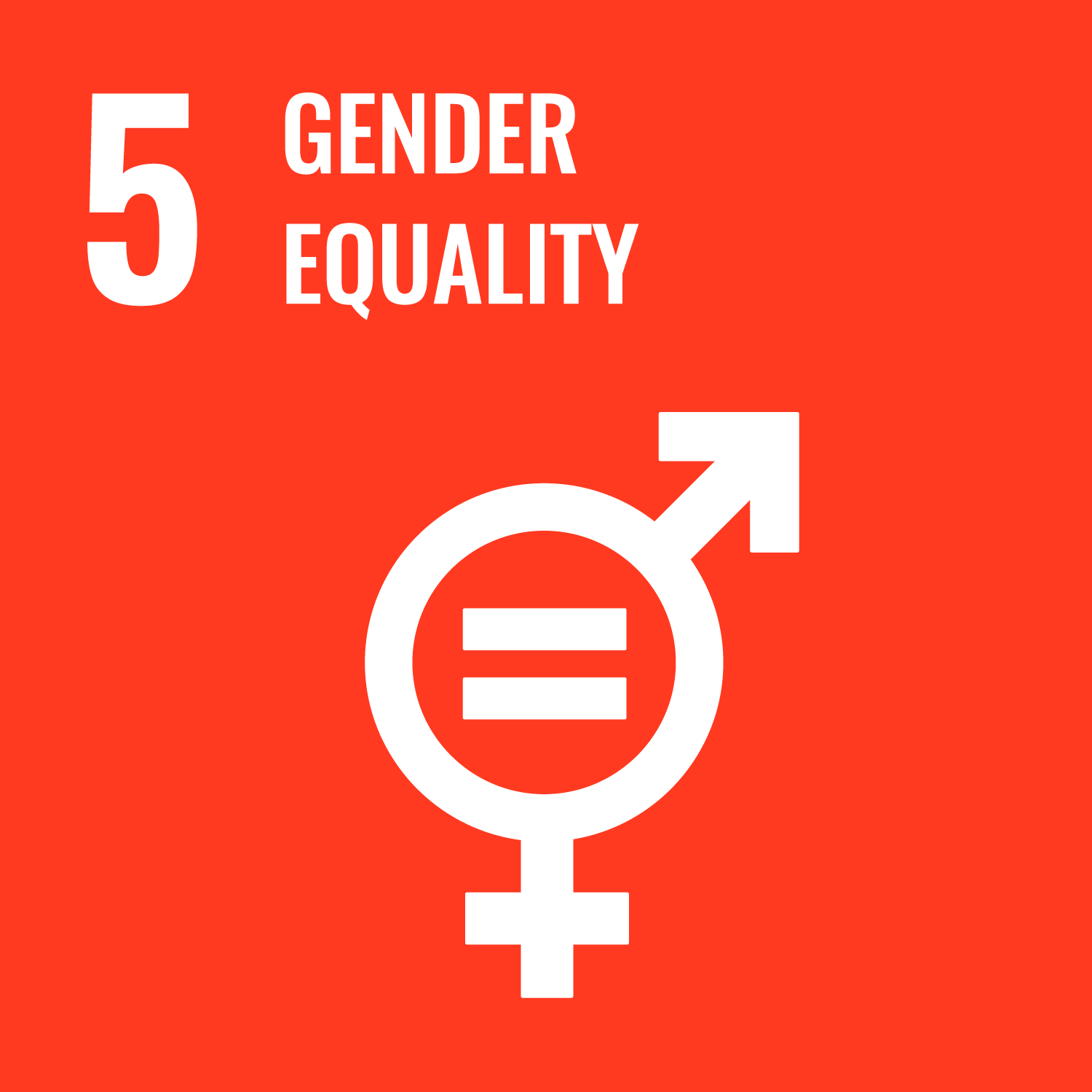Learn the essence of the philosophical thoughts, reading the sentences the philosopers wrote. By knowing the basic way of
thinking of philosophy, you must learn to understand the profound philosophical meaning of what you learned in the subject
of engineering ethics or bioethics.
Learn to understand the human being and the world more profoundly, by consider philosophically the nature of material, life,
or spirit of which our world is consisted. This will permit us to think over the way of get along with technology.
- Make your mind free from yourself, by reexamining your fixed ideas.
- Cultivate the generous mind to try to understand various values of different people or cultures.
- Acquire the attitude of thinking to try to discern the essence of problems.
| Class schedule | HW assignments (Including preparation and review of the class.) | Amount of Time Required | |
|---|---|---|---|
| 1. | What is philosopty? | Think by yourself whether you can think or feel in the different way from that how you yourself think or feel. |
150minutes |
| 2. | Socrates: Belief and Truth |
Read the materials. | 150minutes |
| 3. | Plato: Phenomena and Ideas |
Read the materials. | 150minutes |
| 4. | Aristotle: Teleological point of view on nature |
Read the materials. | 150minutes |
| 5. | Descarte: Dualism of mind and matter |
Read the materials. | 150minutes |
| 6. | Descarte: Mechanistic point of view on nature |
Read the materials. | 150minutes |
| 7. | Mid-examination John Locke: Primry and secondary nature of matter |
Review the lecture 1-6 | 360minutes |
| Read the materials. | 150minutes | ||
| 8. | Jeorge Berkeley: Idealism and Criticism of the idea of causality |
Read the materials. | 150minutes |
| 9. | Immanuel Kant: Phenomena and Thing in itself |
Read the materials. | 150minutes |
| 10. | Henri Bergson: Duration |
Read the materials. | 150minutes |
| 11. | Henri Bergson: Superficial and Profound Self |
Read the materials. | 150minutes |
| 12. | Carl Gustav Jung: Consciousness and Unconsciousness |
Read the materials. | 150minutes |
| 13. | Carl Gustav Jung: Making unconsciousness conscious(Self-realization) |
Read the materials. | 150minutes |
| 14. | Final examination Knowing yourself |
Review the lecture 7-13 | 360minutes |
| Read the materials. | 150minutes | ||
| Total. | - | - | 2820minutes |
| Mid-examination | Final examination | Report or Small examination | Total. | |
|---|---|---|---|---|
| 1. | 20% | 15% | 5% | 40% |
| 2. | 15% | 20% | 10% | 45% |
| 3. | 5% | 5% | 5% | 15% |
| Total. | 40% | 40% | 20% | - |
Your final grade will be calcuated according to the following process:
Mid-term examination(40%), final examination (40%) and Report or Small examination(20%).
Passing grade is more than 60.
Attendance more than two-thirds is compulsory.
Mid-term examination(40%), final examination (40%) and Report or Small examination(20%).
Passing grade is more than 60.
Attendance more than two-thirds is compulsory.
- Course that cultivates a basic self-management skills
- Course that cultivates an ability for utilizing knowledge
- Course that cultivates a basic interpersonal skills
- Course that cultivates a basic problem-solving skills
| Work experience | Work experience and relevance to the course content if applicatable |
|---|---|
| N/A | N/A |










- 1.NO POVERTY
- 3.GOOD HEALTH AND WELL-BEING
- 4.QUALITY EDUCATION
- 5.GENDER EQUALITY
- 9.INDUSTRY, INNOVATION AND INFRASTRUCTURE
- 10.REDUCED INEQUALITIES
- 11.SUSTAINABLE CITIES AND COMMUNITIES
- 12.RESPONSIBLE CONSUMPTION & PRODUCTION
- 16.PEACE, JUSTICE AND STRONG INSTITUTIONS
- 17.PARTNERSHIPS FOR THE GOALS
Last modified : Sat Mar 21 12:45:26 JST 2020

